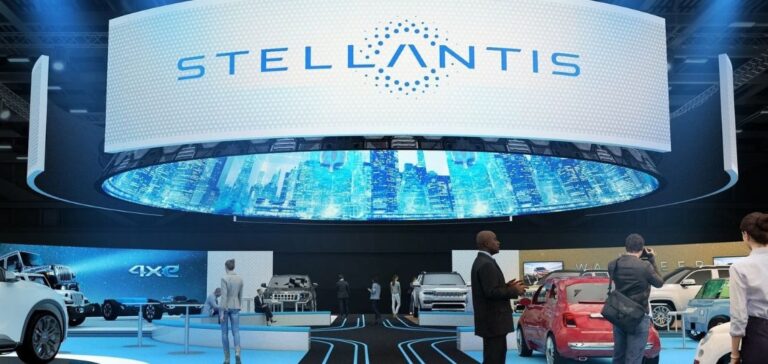Carmaker Stellantis will spend over $100 million to acquire 650,000 tonnes of American lithium, essential for the manufacture of electric batteries, it announced in a press release on Thursday.
Stellantis commits to using more American lithium for its electric vehicles
Controlled Thermal Resources, a US company, is to supply 65,000 tonnes of lithium hydroxide monohydrate to Stellantis every year for 10 years from 2027, compared with the 25,000 tonnes initially provided for in an agreement signed in June 2022. Thanks to this supply, the electric vehicles of the group, which owns the Jeep, Peugeot and Fiat brands among others, will be eligible for consumer incentives under the U.S. Inflation Reduction Act (IRA).
Adopted in 2022, it stipulates that to be eligible for a $3,750 bonus, electric vehicle batteries must contain at least 40% minerals mined or processed in the USA. This rate is set to rise each year, reaching 80% by 2027. The lithium sold by Controlled Thermal Resources will be extracted from a brine captured in the Californian subsoil “using renewable energy and steam in an integrated closed-loop process”, says Stellantis in its press release. Called Hell’s Kitchen, the Californian site of Controlled Thermal Resources will eventually have an annual production capacity of 300,000 tonnes of lithium.
Construction of the production plant began in early January. In Europe, Stellantis has teamed up with Australia’s Vulcan Energy for two lithium extraction projects, in Germany and Alsace. The automaker’s ambition is to sell only electric cars in Europe from 2030. Battery-powered passenger vehicles should account for 50% of its US sales by the same date, he also forecast.






















